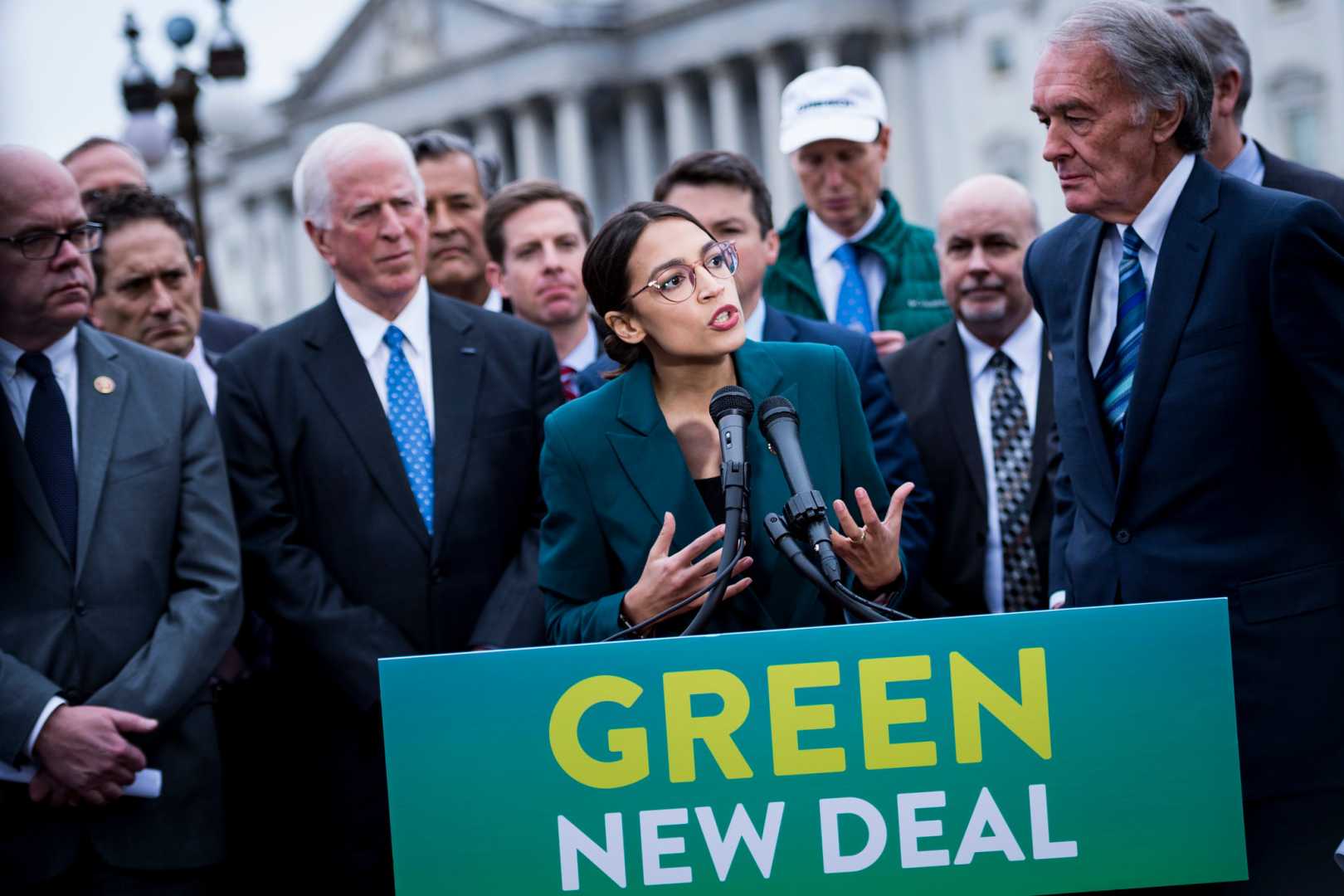Politics
US Election 2024: Impact on the Green New Deal and Climate Policies

The outcome of the 2024 US presidential election has significant implications for the country’s commitment to climate change and the Green New Deal. Despite the close and contentious nature of the election, the green transition is unlikely to be derailed, as it is now driven more by market forces than by political outcomes.
The Republican Party‘s platform, as outlined in the 2024 election, takes a pro-fossil fuel stance, pledging to increase oil and natural gas production and terminating restrictions on these industries. Former President Donald Trump, who has won the election, has historically been skeptical of climate change, calling it a “hoax” and withdrawing the US from the Paris Agreement during his previous term. Trump has promised to reverse many of the climate-related executive orders and rules implemented by the Biden administration, which could significantly impact the country’s progress toward reducing greenhouse gas emissions.
In contrast, the Democratic Party, led by Vice President Kamala Harris, had been advocating for a strong commitment to climate change mitigation. The Democratic platform includes fighting climate change, reducing pollution, and promoting a clean energy boom. The Inflation Reduction Act (IRA), which was a cornerstone of the Biden administration’s climate policy, provided substantial funding for renewable energy and green technologies. However, with the Democrats losing control of the Senate and the White House, the future of these climate initiatives is now in jeopardy.
Despite these political shifts, the clean energy sector has seen significant growth and bipartisan support. The IRA’s tax credits for clean energy have led to major manufacturing investments and job growth, particularly in Republican-majority states. Advocates argue that these policies have widespread support from the business community and are gaining bipartisan backing in Congress, suggesting that some aspects of the green transition may endure regardless of the political landscape.
Environmental groups and advocates are now focusing on protecting the gains made under the Biden administration, particularly the clean energy tax credits. These credits are seen as a crucial element in maintaining the momentum of the clean energy sector and are likely to remain a point of contention in the coming legislative sessions.












